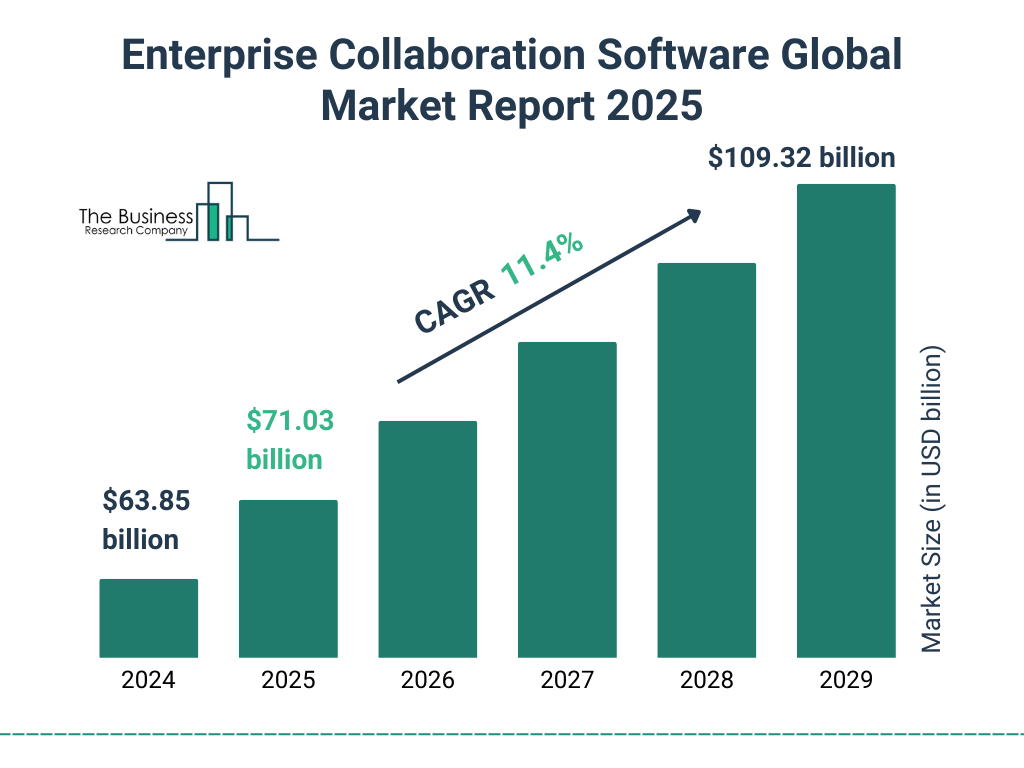Digital transformation constantly accelerates across industries, and organizations are rethinking their tools to enable collaboration, maintain productivity, and safeguard sensitive information. One of the most significant shifts in recent years is the growing preference for private digital workplaces over public cloud-based collaboration tools. A strategic focus on security, compliance, control, and long-term sustainability drives this change.

Why Businesses Are Moving Away from Public Cloud Collaboration Tools
While public collaboration platforms and web-based collaboration tools offer convenience and scalability, they often fall short in areas critical to enterprise operations. These include data ownership, regulatory compliance, and guaranteed service continuity. As a result, many organizations are exploring digital workplace solutions that offer private, self-managed alternatives to mainstream online collaboration software.
Security and Data Sovereignty
One of the top concerns for enterprises using public team collaboration software is data security. Public cloud providers often operate under shared responsibility models, which can leave organizations vulnerable to breaches and unclear about where their data resides. In contrast, a private digital workplace ensures that sensitive business data remains within organizational boundaries, providing full control over storage, access, and encryption policies.
This level of control is particularly important for businesses operating in regulated industries such as healthcare, finance, or government. By deploying secure collaboration tools in-house or in a trusted private cloud, companies can better meet compliance requirements such as GDPR, HIPAA, or ISO certifications.
The following table summarizes the essential requirements of these laws.
| Regulation | Scope | Core Principles | Individual Rights | Penalties | Unique Aspects | Cross-Border Restrictions |
|---|---|---|---|---|---|---|
| GDPR | EU & global for EU residents’ data | Strong on transparency, purpose limitation | Extensive rights (access, erasure, portability, etc.) | Up to €20 million/4% turnover | Strict on data protection and consent | Yes, requires adequacy, safeguards |
| CCPA CPRA | California, USA | Transparency, data minimization | Know, access, delete, and opt out of selling | Up to $7,500 per violation | Emphasis on consumer opt-out and data sale | No specific international data requirements |
| UK GDPR | UK & global for UK data subjects | Mirrors GDPR | Same as GDPR | £17.5 million/4% turnover | Adjusted for UK laws | Yes, mirrors GDPR requirements |
| PIPL | China & global for Chinese citizens’ data | Data minimization, consent | Access, correction, deletion | 5% annual revenue | Focuses on national security and data localization | Yes, with strict government review |
| PDPB | India & global for Indian data | Data minimization, purpose limitation | Confirmation, access, erasure | 15 crores/4% turnover | Critical data must stay in India | Sensitive data can go abroad with safeguards |
| PIPEDA | Canada (private sector) | Fair information principles | Access, correction | CA$100,000 per violation | Emphasis on valid consent, no employee data coverage | No strict rules but encourages transparency |
Compliance and Regulatory Readiness
Regulatory frameworks are becoming more complex and region-specific. Public enterprise collaboration software providers may not offer the flexibility or transparency needed to align with local laws. A private digital workplace platform enables businesses to configure their environments according to internal governance and external regulatory standards.
In addition, organizations that manage their own collaboration tools for business gain the ability to perform audits, implement custom retention policies, and control third-party integrations with greater precision. This level of visibility and configurability is essential in industries where compliance is non-negotiable.
Productivity Without Compromise
Modern digital workplace software must support seamless communication and collaboration across teams, regardless of location. The best team collaboration tools balance productivity features like file sharing, messaging, calendaring, and video collaboration software with the performance and reliability businesses expect.
Private digital workplace services now rival public solutions in terms of user experience, while offering superior alignment with enterprise IT strategies. Many organizations find that moving to a virtual collaboration tool they fully control enhances adoption and reduces downtime.
Ensuring Business Continuity
Dependence on third-party platforms introduces risk. Outages, policy changes, or pricing shifts can disrupt access to vital business services. A private digital workplace solution gives organizations greater resilience by insulating core operations from external decisions and unexpected downtime.
This autonomy is critical in maintaining uninterrupted internal communication, especially in distributed or hybrid work environments. In such contexts, remote collaboration tools must not only function consistently but also integrate tightly with existing systems and policies.
Conclusion: A Strategic Shift to Private Control
As said before, organizations look to future-proof their digital operations, and the move toward enterprise collaboration tools that are secure, customizable, and internally governed is gaining momentum. A digital workplace platform that supports autonomy and aligns with enterprise values is no longer a luxury; it’s a strategic necessity.
For companies evaluating how to transition from public to private infrastructure while maintaining a high standard of collaboration, the journey begins with understanding what modern private solutions offer.
To learn how a purpose-built private digital workplace can support your organization’s transformation goals with flexibility, security, and full ownership of your digital ecosystem, read Digital Transformation with Carbonio.
